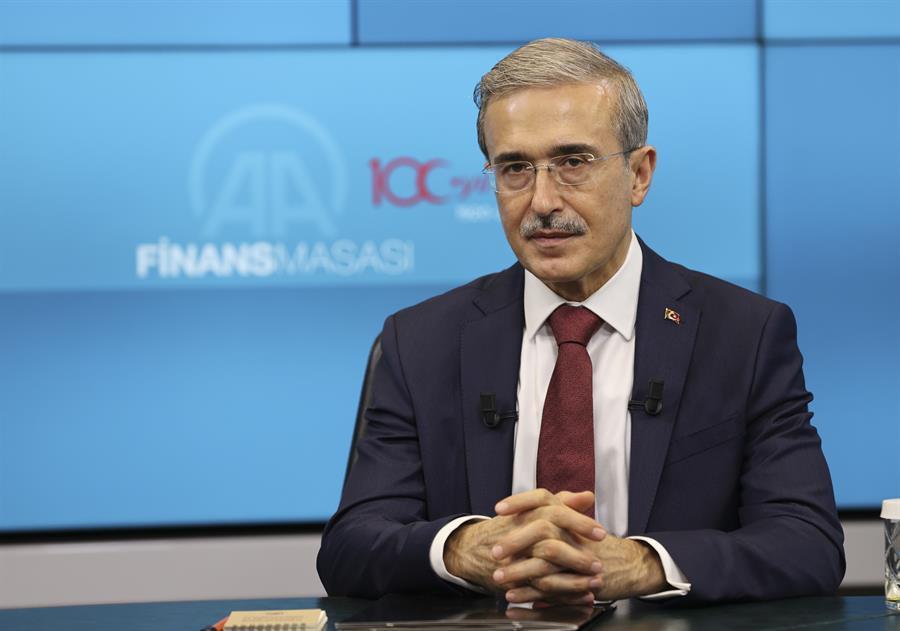
The sanctions imposed by the United States on Turkey’s Presidency of Defense Industries (SSB) will have no negative impact on the functions of the Turkish Armed Forces, the head of the defense industry body has said, vowing to double the efforts for an entirely self-dependent defense industry sector.
“Our Defense Ministry, the Turkish Armed Forces and security forces will not be affected [by the sanctions],” İsmail Demir, the head of the SSB, told the Anadolu Agency in an interview on Dec. 17 while elaborating the U.S. decision to impose sanctions on Turkey over the purchase of S-400s air defense systems from Russia.
The U.S. government has sanctioned Demir and three other top SSB officials and imposed a ban on all U.S. export licenses and authorizations to SSB, under the Countering America’s Adversaries through Sanctions Act (CAATSA).
Demir said sanctions were not a surprise as the U.S. officials have been urging the Turkish government for the past three years on the fact that the law will sooner or later be implemented.
Turkey has long exerted efforts to address the technical concerns of the U.S. stemming from the use of the S-400s together with the F-35 stealth fighters or other NATO equipment, Demir said, adding Washington has never replied to Ankara.
On a question, Demir said the sanctions do not aim to destroy the Turkish defense industry system. “It targets four individuals and one institution. Apart from these, anyone or any institution is not targeted. We now know the frame of the sanctions, and therefore its impacts.”
Existing contracts the SSB has with American suppliers will not be affected, Demir said, adding that the SSB is a sub-contractor and not a direct buyer. There are very few pieces of equipment the SSB is importing as the institution is paving the way for the private companies to run the SSB projects, he stated, informing sanctions can only be imposed on Turkish companies, which have contracts with the Russian defense bodies.
Turkey to double its efforts
Turkey will have to accelerate its efforts to strengthen the defense industry, particularly air defense systems, Demir stated.
“As our president said, we will work twice more. The good news [about sanctions] is that they have shown that we, as the defense sector, have to work more,” Demir said.
The embargos were imposed because Turkey did not bow before the orders given by the world powers thanks to President Recep Tayyip Erdoğan’s leadership. “This kind of decision will not hinder us but increase our motivation,” he said.
S-400s first-class system
Demir recalled that Turkey’s demand for Patriot air defense systems has never been met by the U.S. “When considered its performance, the systems the Presidency of Defense Industries has purchased is the number one air defense system in its own class.”
The head of the SSB also said the sanctions will not harm Turkey’s use of F-16 warfighters as the spare parts of the equipment are not provided by his institution.
On Turkey’s cooperation with the French/Italian consortium for joint development of the SAMP/T air defense systems, Demir informed that no substantial steps could be taken concerning the project because of France’s negative approach.